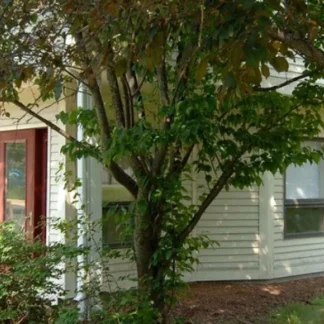AA - Alcoholics Anonymous
AA – Alcoholics Anonymous is a non-profit rehab located in White River Junction,...
Upper Valley Turning Point is an outpatient rehab located in White River Junction, VT. Upper Valley Turning Point specializes in the treatment of substance abuse and mental health problems.
Contact us for more information: (802) 295-5206

Connect with Upper Valley Turning Point by calling their admissions team directly.
(802) 295-5206 Website Get DirectionsResearch clearly demonstrates that recovery is far more successful and sustainable when loved ones like family members participate in rehab and substance abuse treatment. Genetic factors may be at play when it comes to drug and alcohol addiction, as well as mental health issues. Family dynamics often play a critical role in addiction triggers, and if properly educated, family members can be a strong source of support when it comes to rehabilitation.
Group therapy is any therapeutic work that happens in a group (not one-on-one). There are a number of different group therapy modalities, including support groups, experiential therapy, psycho-education, and more. Group therapy involves treatment as well as processing interaction between group members.
Group therapy is any therapeutic work that happens in a group (not one-on-one). There are a number of different group therapy modalities, including support groups, experiential therapy, psycho-education, and more. Group therapy involves treatment as well as processing interaction between group members.
AA – Alcoholics Anonymous is a non-profit rehab located in White River Junction,...
Health Care and Rehabilitation Services is a private rehab located in Hartford, ...
Dartmouth Hitchcock Psychiatric – Addictions is a private rehab located in Leban...
The ROAD To A Better Life Program was established to help individuals free thems...